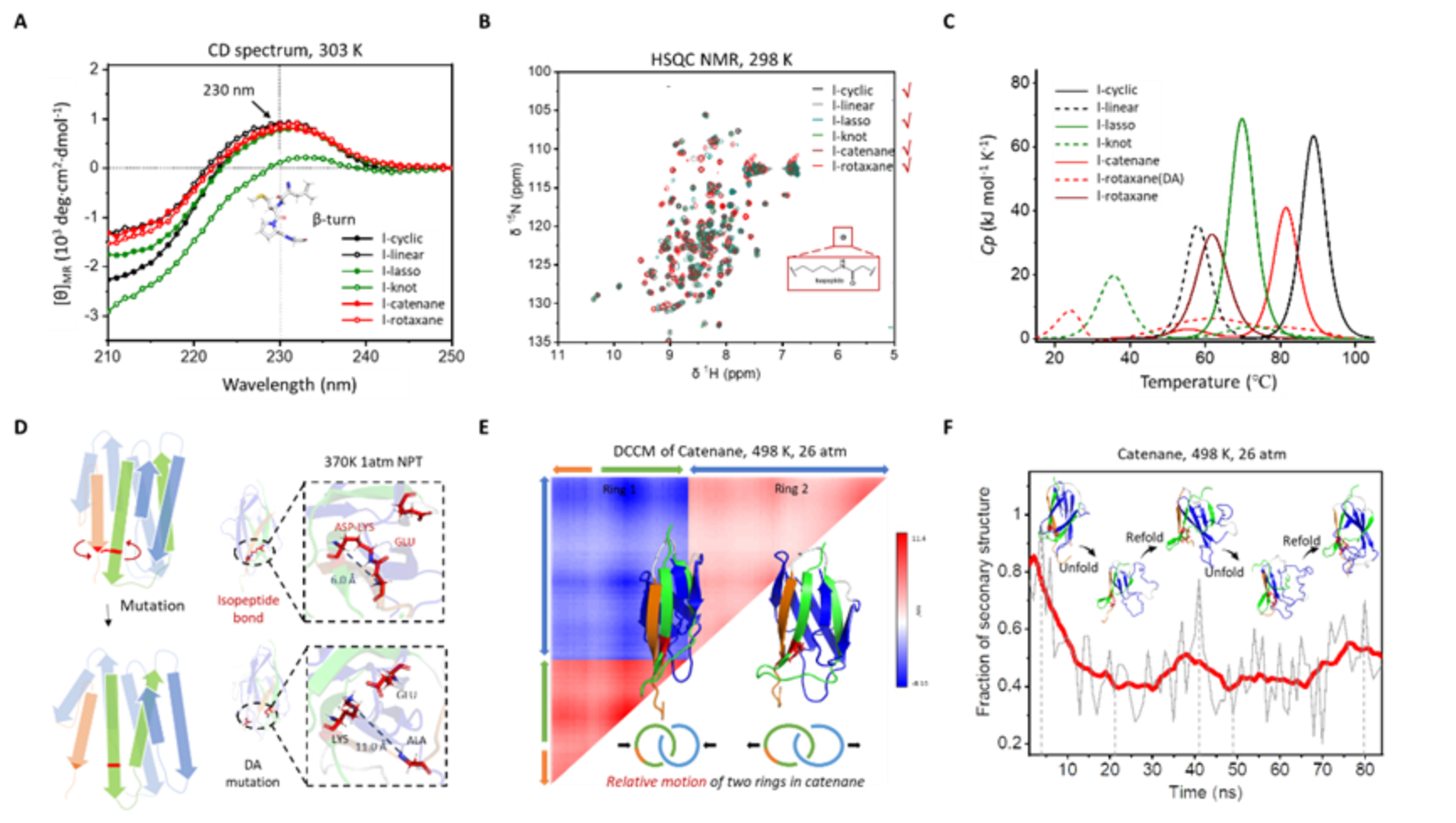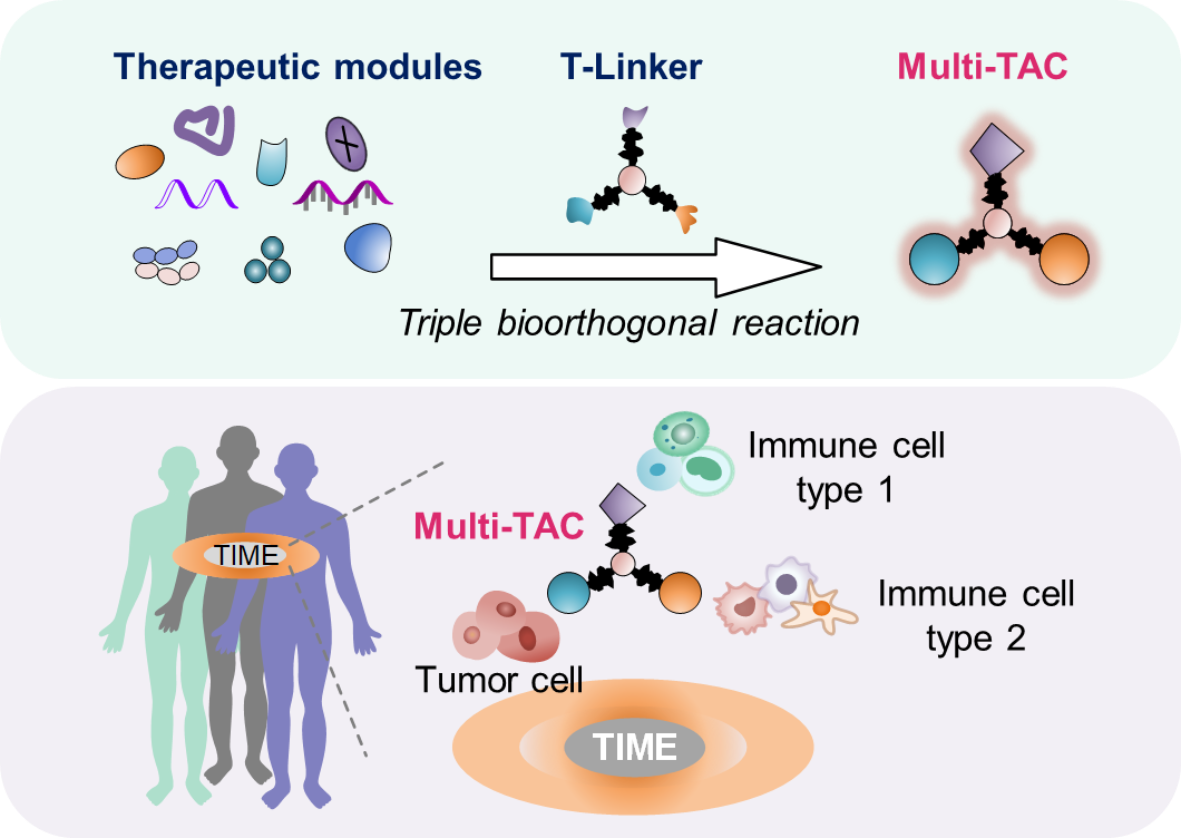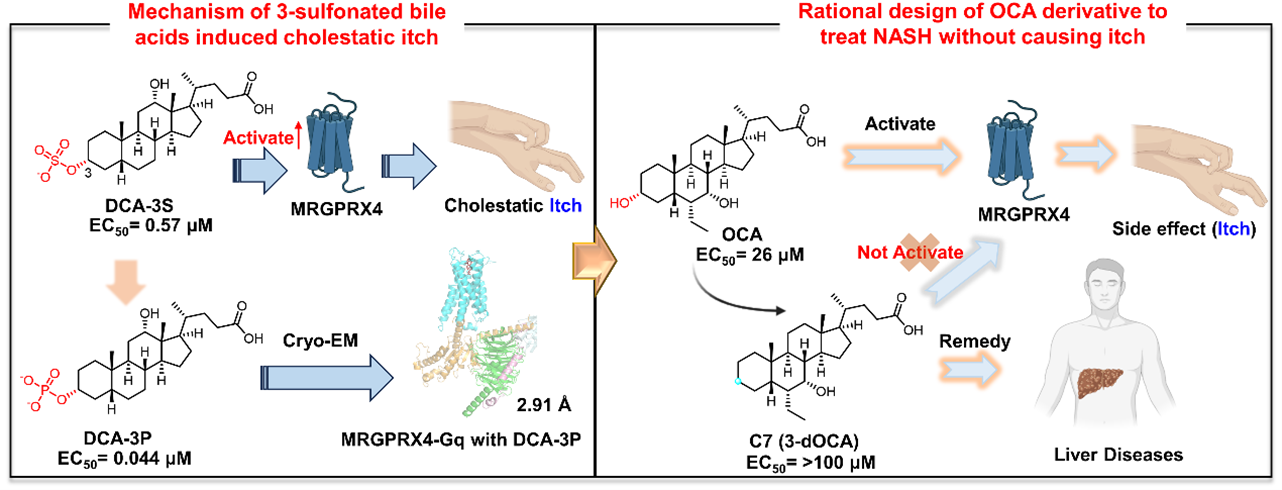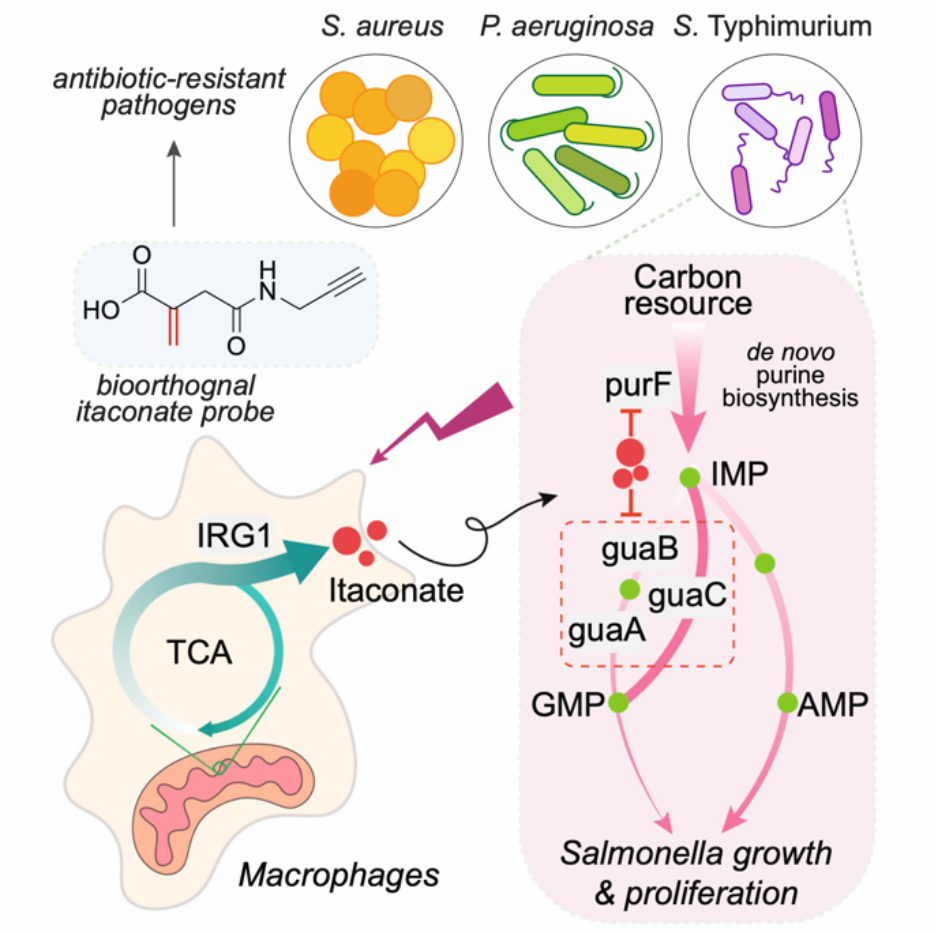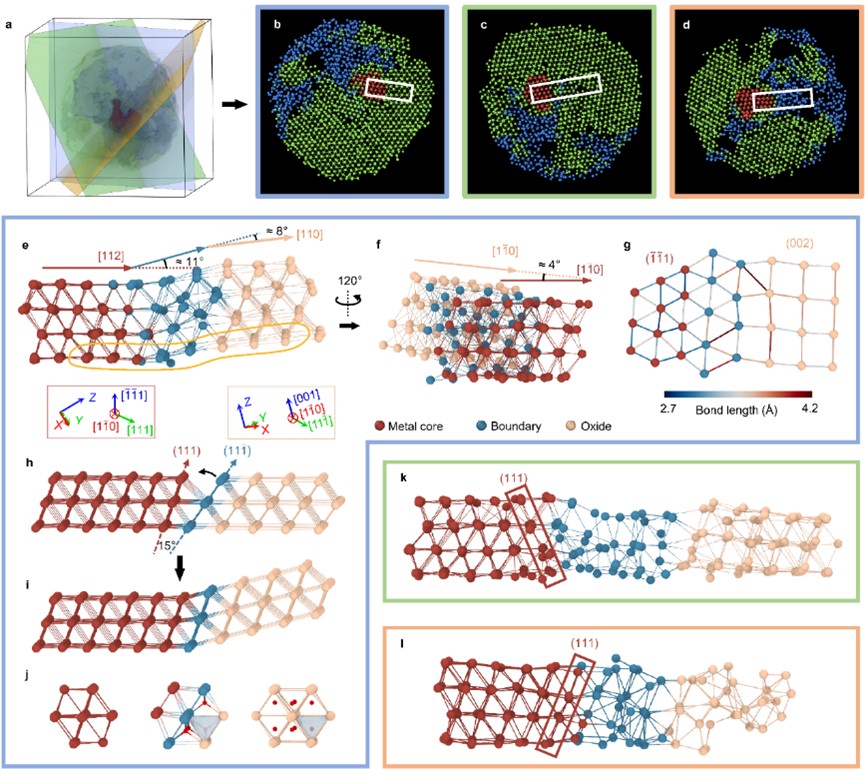伊人直播
Co(III)-H species-mediated metal hydride atom transfer (Co-MHAT) has evolved into a versatile synthetic tool for simple olefin hydrofunctionalizations. However, the majority of Co-MHAT examples focus on terminal and conjugation-activated internal olefins, and 1,2-dialkylsubstituted olefins are much less reactive. 1,2-Dialkylsubstituted olefins are common in some important polymer backbones such as polybutadiene and polynorbornenes. The ability to functionalize these double bonds, ideally with very low Co loading, could facilitate the production of value-added materials with tunable properties that are challenging to achieve through the polymerization of functionalized monomers.
Based on previous research, Rong Zhu’s group developed a method for the hydrofunctionalization of non-activated internal olefins using a low Co catalyst loading (0.05 mol%, TON up to > 3300). This method was subsequently applied to the post-polymerization modification of various olefin-rich, commodity-relevant polymers. In addition, this work sheds light on how electronegativity and hyperconjugation effects influence the MHAT regioselectivity of unsymmetrical 1,2-dialkylsubstituted alkenes.

Fig. 1 Main contents of this work

Fig. 2 MHAT polymer post-modification
This work provides a novel strategy for the post-modification of commodity-relevant polymers. The work was published in Chem entitled “Modifying commodity-relevant unsaturated polymers via Co-catalyzed MHAT”. Dr. Yun-Nian Yin is the first author. Prof. Rong Zhu from the College of Chemistry and Molecular Engineering at Peking University is the corresponding author. The research was supported by the Beijing National Laboratory for Molecular Sciences and the National Natural Science Foundation of China.
Link://doi.org/10.1016/j.chempr.2024.05.021

